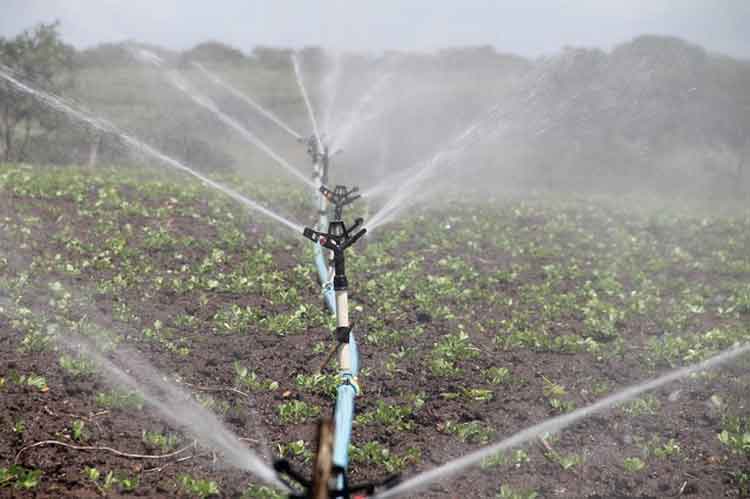Table of Contents
Rules for Watering Plants in Rainy Season
The rainy season fills our garden plants with a refreshing touch. In this season, the plants of the garden become green due to the rain drops. Although some rain is beneficial for the plant, but excess of moisture and water causes problems like overwatering in garden plants. For this reason, it is necessary to water the plants wisely during the rainy season. Today in this article, we will tell you about the correct rules or methods of watering plants during the rainy season, so that you can keep your plants healthy and disease free. How to water the plants in the rainy season, read the complete article to know the correct rules and methods of watering.
Also Read: 10 Brilliant Tips for Plant Growth | Tips to Grow the Plant Quickly
Why Is It Important To Take Care of Watering In the Rain?
Where on one hand rain water is beneficial for plants, on the other hand excess of this water leads to many problems like overwatering, root rot. However, many times we get an idea of whether or not there is enough water only by looking at the top soil of the pot, due to which the plants start to deteriorate due to lack and excess of water, so it is necessary to provide sufficient moisture to the plants of home garden or terrace garden. It is important to strike the right balance of water in the rainy season to prevent waterlogging.
When to Water Plants In Rainy Season?
Watering the plants at the right time during the rainy season in the home garden is important to keep them healthy and avoid overwatering. Before watering the plants in the rainy season, check the moisture in the soil of the pot, if the soil is moist, do not give water now, but if it is dry, then give water to the plant. Early morning is the best time to water plants during rains, this gives the soil enough time to absorb water and regulate moisture.
Also Read: Harmful Insects | 20 Most Dangerous Insects to Plants | Pest

How to Water Plants in Rain?
The rules for watering your plants in the rainy season are as follows: –
Rule 1. Rain Conditions
The first step in watering your home garden plants during the rainy season is to keep a close eye on the amount of rainfall your area receives. From this you can determine when is the right time to water the plants? If there has been a continuous heavy rain, watering is not required for a few weeks (1-2 weeks), but if the rains have been light, the plants may need to be watered after a few days.
Rule 2. Moisture Content
It is necessary to check the moisture level in the garden soil even after the rains, because light splashes of rain do not penetrate deep into the soil, leaving it wet from above but dry from below, hence soil moisture Regular checkups are important. Insert your finger into the potting soil to a depth of about 1-2 inches. If the soil is moist, there is no need to give extra water, on the contrary, water the plant if the soil looks dry.
Also Read: How Do You Go About Planting Flowers | Best Flower Planting Tips
Rule 3. Signs of Plants
In the rainy season, if your plants show some signs like soft leaves and slight yellowing etc., then it means that there is more water in the soil of the pot. In this situation watering the plants should be stopped, but on the contrary, if the plants show wilting, falling of leaves or signs of stress despite the rains, then watering them may be necessary.
How Many Times to Water Plants in Rain Season
Make sure to water the plants depending on the intensity and consistency of the rainfall. If it rains frequently, you do not need to water the plants as often, but if the rains are infrequent, you may need to water deeply when the soil in the pot looks dry to provide enough moisture for the plants. Watering may be required.
Also Watch: Benefits & Remedies of Peepal Tree
Things to Keep In Mind While Watering Plants in Monsoon
It is important to keep the following things in mind while watering the garden plants in the rainy season:-
- When watering plants in rain, water them from the base instead of wetting the leaves, excessive moisture on the leaves can lead to fungal diseases.
- You can add sand, vermiculite, perlite to the soil to improve the drainage of potted plants.
- Mulching your plants during the rainy season can greatly benefit them. Mulching not only reduces the effect of heavy rainfall but also prevents soil erosion.
- Cut and separate the leaves of the plant that are in contact with the soil during the rainy season, so that the soil gets enough air.
In this article, when and how should you water the plants during the rainy or rainy season, about the rules or the right way of watering. Hope this article has been helpful for you, whatever your suggestions regarding this article, do tell us by commenting.
